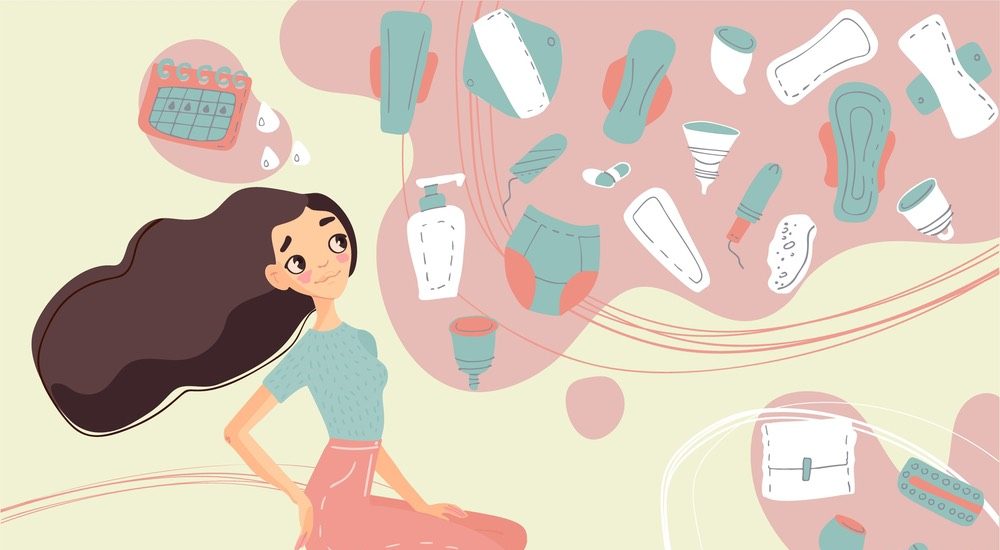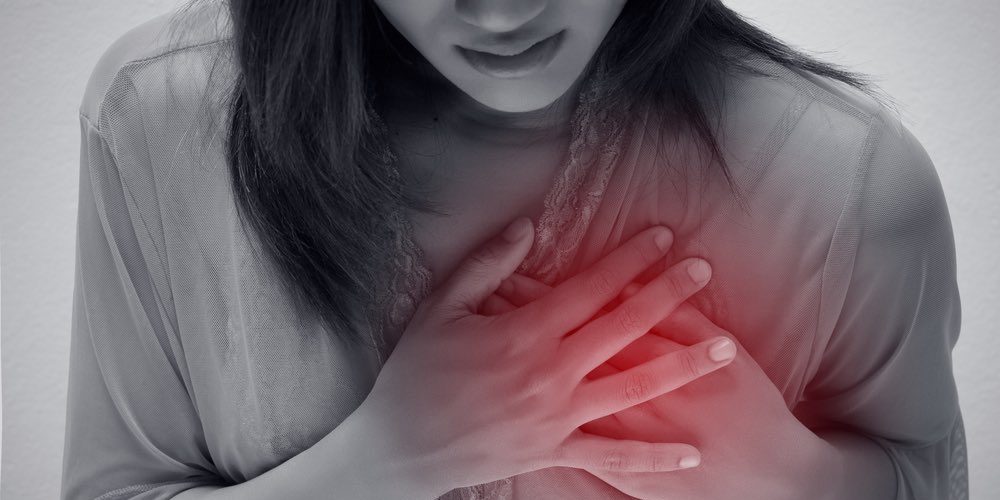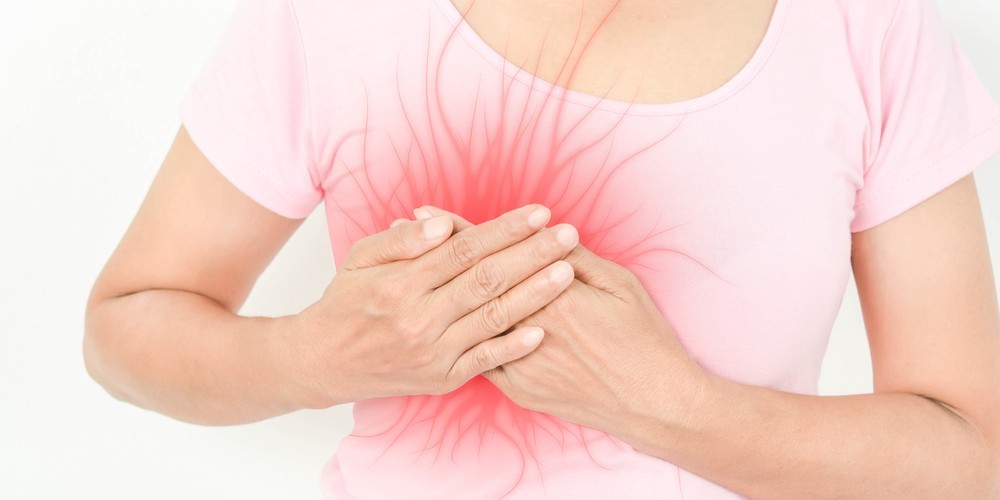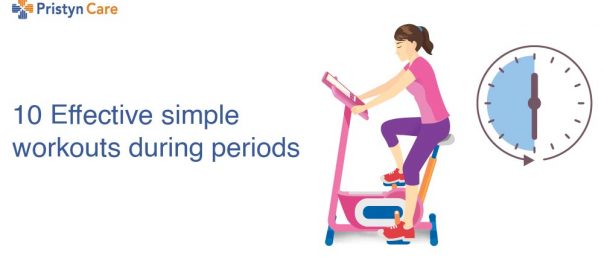![]() Views: 1,411
Views: 1,411
10 Medical Issues Related to Women’s Health
Women experience various health issues ranging from pre-menstruation to pregnancy to menopause. At different stages of life, a consultation with a professional will help to prevent the most dreaded diseases.
Dedicated Support at Every Step!
Our Doctors are available 24 hours a day, 7 days a week to help you!
Here are a few health issues to give you a glimpse of how the issues impact a woman on a physical as well as on a psychological level.
Table of Contents
Obesity

An excessive and abnormal accumulation of body fat is defined as Obesity which is a leading cause of various other diseases. Be it genetic, environmental or maternal obesity all of these lead to body shaming which is often linked with a low self-esteem and an impaired quality of life.
A high BMI severely impacts the survival of an individual because the prevalence of obesity is often associated with various comorbidities like
- Coronary Artery Disease (CAD)
- Nonalcoholic fatty liver disease (NAFLD)
- Risk of Multiple Cancers
- Infertility (Also Read: Obesity And Fertility Risks In Women )
- Gastroesophageal reflux disease (GERD)
- Effect on sex hormone secretion and metabolism
- Diabetes
- Hypertension
- Depression
- Musculoskeletal Pain
- Knee Osteoarthritis
- Obesity-hypoventilation Syndrome (OHS)
- Chronic kidney disease (CKD) (Also Read: What are the Signs of Kidney Stones in Females? )
- High risk of caesarean section during pregnancy
- We take care of youGet Your Surgery Done with
No Cost EMI, Hassle-free Insurance ApprovalGynecological Disorders

It is a condition affecting female reproductive organs which may be internal or external in the pelvic and abdominal areas. Every woman suffers from some kind of gynecological condition in her lifetime. Gynecological problems if untreated or ignored can often lead to serious conditions. It is important not to confuse Gynecological problems with urological problems and to consult a health professional for diagnosis. (Also Read: Things You Should Always Discuss with your Gynaecologist)
Conditions can range from minor to major which can disrupt the proper functioning of the reproductive system. Some of them are:
- Pelvic pain (consistent pain for at least 6 months )
- Menstruation and menstrual irregularities (Also Read: Home Remedies for Irregular Periods)
- Urinary tract infection (UTI)
- Dysmenorrhea (pain associated with menstruation)
- Pelvic floor disorders
- Abnormal uterine bleeding (Also Read: Abnormal Menstrual Bleeding Disorders )
- Premenstrual syndrome
- Urinary Incontinence in Women
- Stress urinary incontinence
- Urge incontinence
- Vulvodynia ( chronic discomfort in the vulva )
Endometriosis

It is a disorder in which the endometrial tissue that normally lines the uterus grows outside the uterus. Lesions arise through retrograde endometrial tissue loss during menstruation which results in chronic inflammation. Infertile women are at more risk to suffer from endometriosis. Common sites affected due to the disease are the ovaries. Condition is prevalent in women of reproductive age from every kind of society. (Also Read: What are the 4 Stages of Endometriosis? )
Symptoms:
- Abdominal pain
- Difficulty conceiving a baby
- Dysuria (Also Read: Dysuria: Causes, Symptoms, Treatments )
- Heavy menstrual bleeding
- Non-menstrual pelvic pain
- Painful sex (Also Read: Causes and Symptoms of Dyspareunia or Pain during Sex )
- Severe cramps
- Painful bowel movements (Also Read: What is the Reason for Painful Bowel Movements After Childbirth? )
- Painful ovulation
- Dysmenorrhoea
- Dyschezia
Also Read: Tips to Cope with Endometriosis
Heart Disease

Coronary artery disease is the most common ailment which can occur in women. It develops during a long stretch of time and is mainly responsible for heart attacks. Heart disease should not be linked with women of a particular age group as women of all age groups should be concerned. It may be caused due to gene structure, a defect, old age or due to some infection. Lifestyle diseases such as obesity can also lead to the development of CAD. Abdominal obesity is a major risk factor for the development of heart disease.
Heart diseases which generally affect women are:
- Atherosclerosis
- Heart failure
- Irregular heartbeat
- Atrial fibrillation
- Coronary microvascular disease (MVD)
- Heart valve disease
- Broken heart syndrome
Also Read: Pathophysiology of Smoking and Heart Attack
Depression

Hormonal changes during different stages of life is often linked with Depression in women. External factors may include social factors, for example, Instagram not being negative in itself but the 'Instagram effect' is causing women to develop mental health issues as they constantly strive to be the perfect instagramable woman. (Also Read: Does Social Media Contribute To Depression? )
Factors that cause of Depression:
- Genetic history
- Stress due to a trauma
- Achieving the “society approved standards”
- No societal support
- Cultural factors
- Victim of sexual, physical, verbal or psychological abuse
These are just a few but there may be many more and they may be even in combinations. Due to the stigma surrounding depression it is often difficult to find support at the correct time.
Breast issues

Women should be made familiar with the normal look and feel of the breasts and should irrespective of age should be in contact with a healthcare professional for as due to hormonal changes the body is continuously changing. The pressure of the menstrual cycle to contraceptive pills to childbirth and to the pain of menopause, the body goes through a lot of changes externally and internally.
Most common breast problems are:
- Breast lump
- Fluid-filled cysts (Also Read: Do Breast Cysts signal towards Breast Cancer? )
- Breast pain
- Nipple discharge
- Tenderness
Also Read: What all helps to increase breast size?
HIV/AIDS
Women treat HIV/AIDS as a disease of isolation. As the symptoms are not so visible in the early stage or easily identifiable it may go unnoticed, but this in no way means that the infection won’t be passed on. Various restrictions on women to access a sexual healthcare provider, unawareness or outright violence often keeps women inside the closed doors. AIDS is the most advanced stage of HIV and may lead to coma or even death if left untreated.
Some symptoms are:
- Fever
- Headache
- Skin rash
- Sores
- Lack of energy
- Swollen lymph glands
- Menstrual changes
- Sexually transmitted infections
- Pelvic inflammatory disease (PID)
- Weight loss
- Body pain
- Difficulty breathing
- Fever and night sweats
- Swollen glands
- Lumps
- Sore nipples
- Inverted nipples
- Extra nipple
- Infections
- Skin change
- Fibroadenomas
- Weakened immune system
Sexually transmitted infections

STDs are passed through vaginal, anal, or oral sexual contact. They often led to the risk of other problems of infertility and cancer. (Also Read: What are the Vaginal Changes When you Catch an STD? )
Female symptoms include:
- Some show no symptoms
- Vaginal itching
- Rashes
- Unusual discharge
- Change in urination
- Rash
- Pain during intercourse
- Chronic pain
Common STDs in women are:
- Human papillomavirus
- Gonorrhea
- Syphilis
- Chlamydia
- Genital herpes
Pregnancy Issues

A lot of women experience health issues during pregnancy that need medical attention. This involves health of both- the mother and the baby. Some problems are pre-existing i.e. before the pregnancy gets diagnosed. Usually, women get carried away by the body changes that pop-up during pregnancy. It comes with a lot of problems that you can spot at an early stage with prenatal tests.
The complications during pregnancy may include:
- Anemia
- Gestational diabetes
- Placenta previa
- Preterm labor
- Influenza
- Heartburn
- Miscarriage (Also Read: How to handle Challenging Life After Miscarriage? )
- Fatal problems such as poor growth or heart problem
- Depression (Also Read: Post Pregnancy Depression )
- Deficiency of any mineral
- Nausea and vomiting
- Stillbirths
- Morning sickness
Also Read: Factors Causing Vaginal Dryness among Married Women
Osteoporosis

In osteoporosis, the bones become porous and weaker which can increase the risk of fractures. The risk of osteoporosis often increases in women who reach menopause as the woman's body produces Estrogen, which is responsible for protecting bones, decreases with age which leads to small, thin and fragile bones. It sometimes reaches a level where even a sneeze can break the bones.
The major risk factors are
- Age
- Gender
- Hormonal imbalance
- Genetic history
- Body frame
- Unprescribed corticosteroid medications
- Dietary factors
- Lifestyle
Conclusion
It is important for women to take the initiative and take charge of their health. Many appointments with the health professionals get canceled due to shame, randomization and a loss to follow up. (Also Read: Feel free to visit Pristyn Care! Our Gynecologist won’t judge you! )
A single treatable disease if goes untreated can lead to the growth of multiple diseases. It is better to be well informed so that the future of women is ensured with health and happiness.










